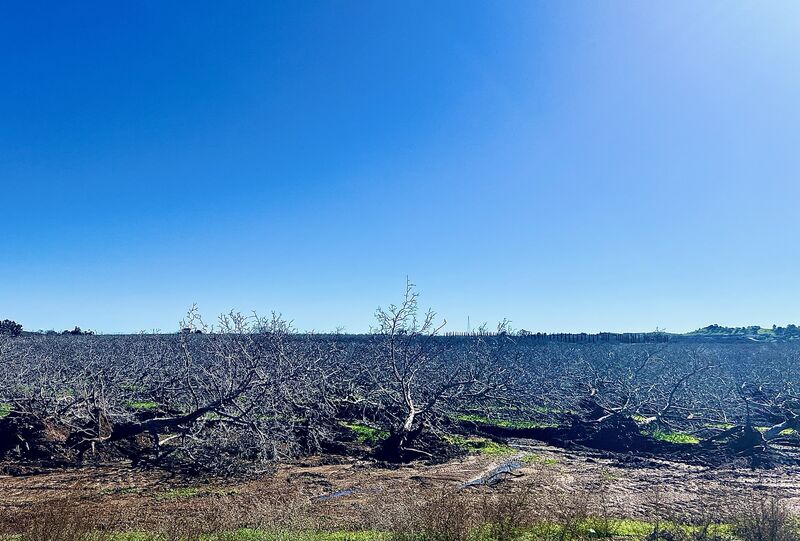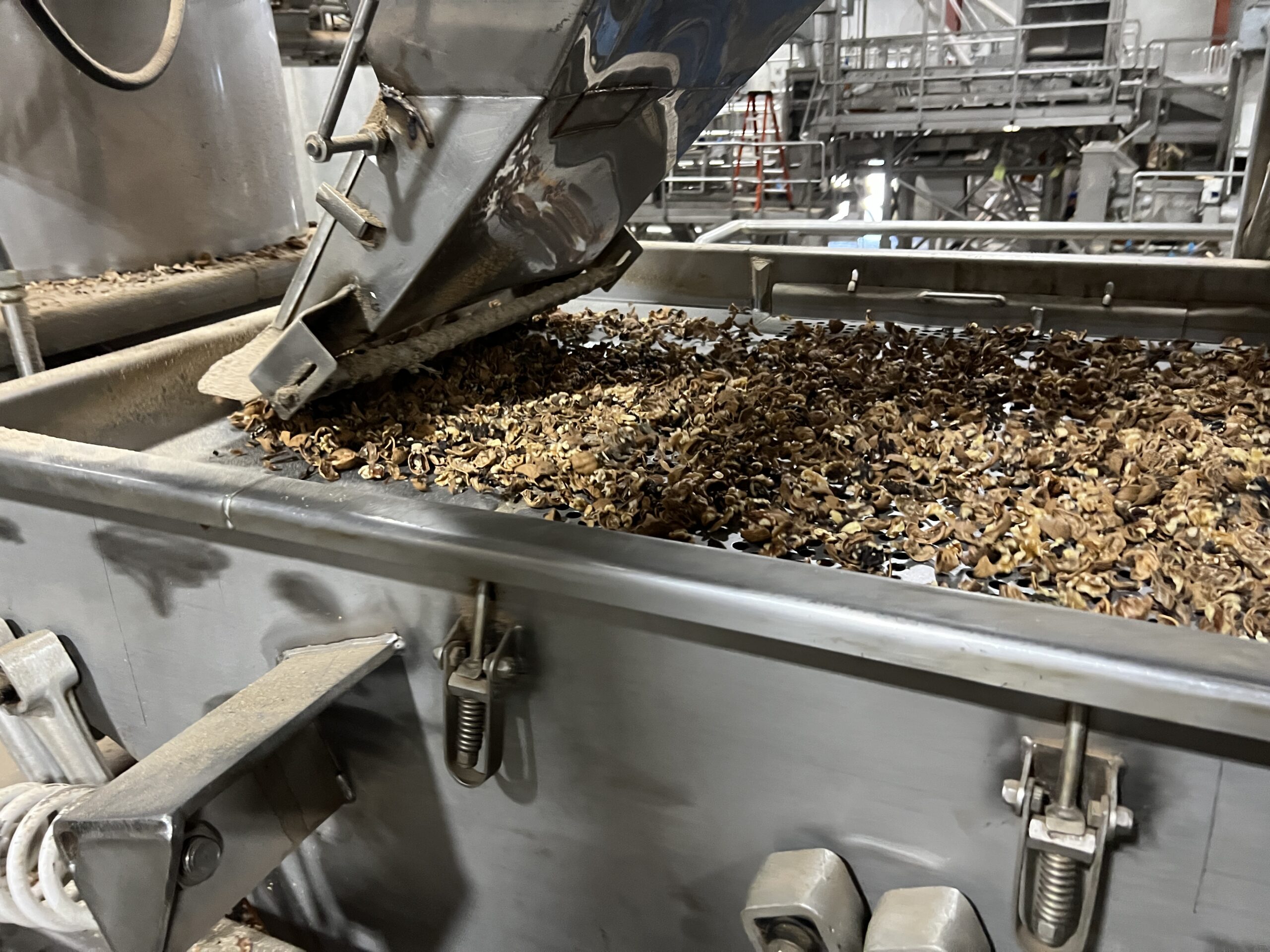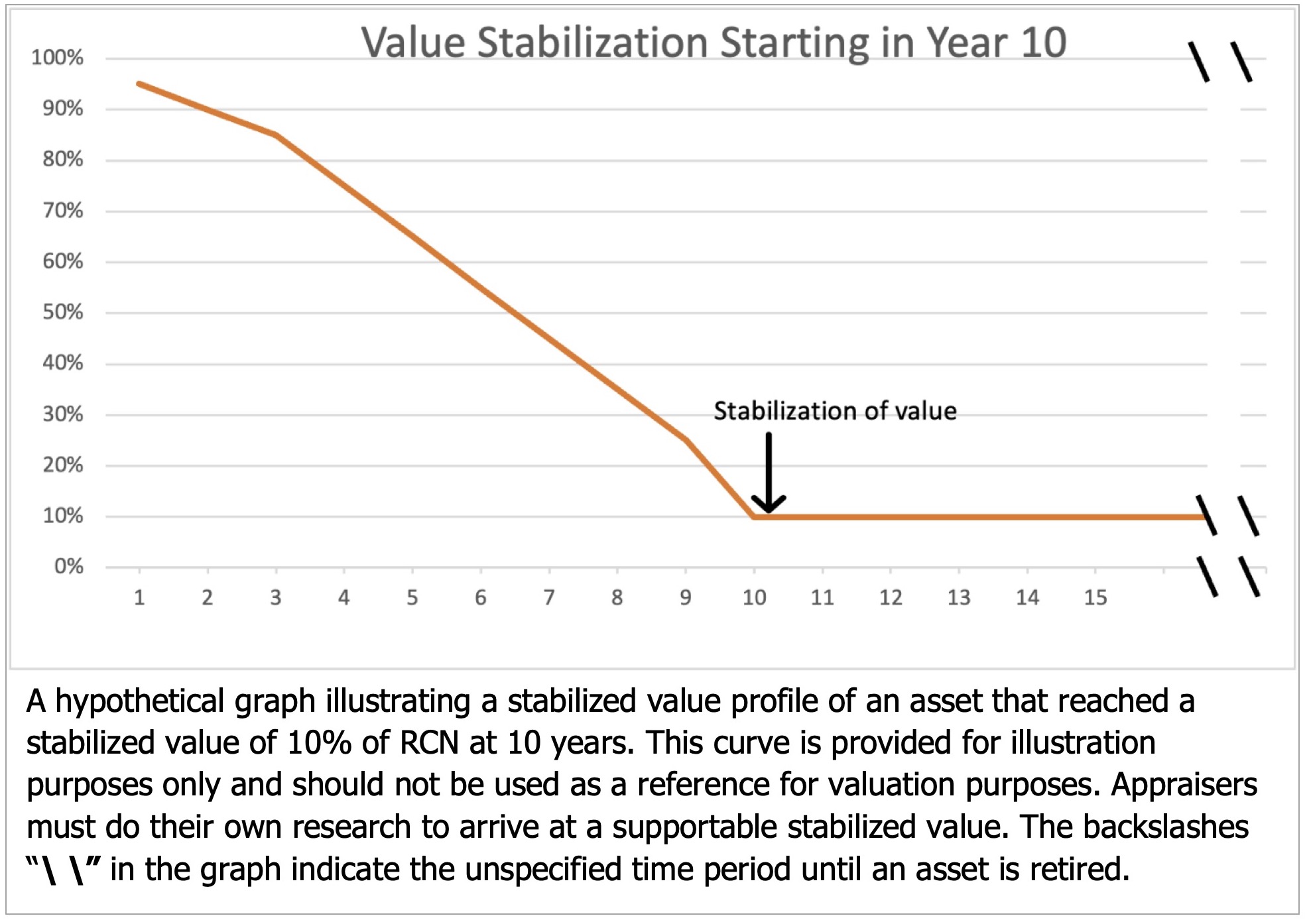 The evening of March 12, we were on a mostly empty flight back from Pittsburgh, PA where we’d spent 4 days inspecting a chain of grocery stores for a buy/sell agreement. The TP and hand sanitizer sweep began while we were there, as the Allegheny County Health Department confirmed COVID-19 cases in the area.
The evening of March 12, we were on a mostly empty flight back from Pittsburgh, PA where we’d spent 4 days inspecting a chain of grocery stores for a buy/sell agreement. The TP and hand sanitizer sweep began while we were there, as the Allegheny County Health Department confirmed COVID-19 cases in the area.
On March 13, as you may remember, a state of emergency was declared for the entire U.S. We isolated at our home office for 2 weeks while waiting to discover if we’d been exposed during the inspections, the flights or on the BART, where a lot of passengers seemed to have missed the memo.
Webinar Addressed Inspections & Court Appearances
Last week, the American Society of Appraisers, in partnership with the Equipment Appraisers Association of North America and the Equipment Leasing and Finance Association, hosted a free webinar for equipment appraisers on valuing assets during a crisis. The previous week I’d attended a more general webinar regarding appraisal during the pandemic. As you can imagine, two big issues are inspections and court appearances.
Recently, for example, a client called to request a deposition related to an appraisal of orchard equipment completed a year ago. We are working with the parties involved to arrange the deposition via video conferencing. We’ve done this in the past for depositions to avoid air travel so we are confident that we’ll be able to avoid breaking the shelter-in-place order for this local deposition.
Not an Essential Service
This is necessary because, believe it or not, most appraisals are not considered essential business, despite the fact that our business continues to receive calls regarding equipment appraisals for family law, financial reporting, property tax appeals, expert witness and other legal situations. A recent article in The National Law Review addresses the considerations of what constitutes an essential business and what options are available if so.
Non-inspection Appraisals Satisfy Standards
In our case, inspections would probably be considered a violation of the “shelter in place” orders and so we’re fortunate that our professional appraisal standards, USPAP, have always made provisions for non-inspection appraisal assignments. Most folks refer to these as “desktop” because all the work is done at the desk instead of in the field.
Our non-inspection reports are labeled as “limited scope” in reference to the USPAP Scope of Work rule, which states on p 12 of the 2020-21 edition that
For each appraisal and appraisal review assignment, an appraiser must:
- identify the problem to be solved;
- determine and perform the scope of work necessary to develop credible assignment results;
- and disclose the scope of work in the report.
An appraiser must properly identify the problem to be solved in order to determine the appropriate scope of work. The appraiser must be prepared to demonstrate that the scope of work is sufficient to produce credible assignment results.
Comment: Scope of work includes, but is not limited to:
- the extent to which the property is identified;
- the extent to which tangible property is inspected;
- the type and extent of data researched; and
- the type and extent of analyses applied to arrive at opinions or conclusions.
Appraisers have broad flexibility and significant responsibility in determining the appropriate scope of work for an appraisal or appraisal review assignment.
Credible assignment results require support by relevant evidence and logic. The credibility of assignment results is always measured in the context of the intended use.
Considerations of Limited Scope
Note that the second bullet in the Comment section specifically points out that the “extent to which the tangible property is inspected” falls within the appraiser’s “broad flexibility and significant responsibility in determining the appropriate scope of work.” This is good news in times of shelter in place. While this 2011 post explains why we generally prefer a thorough inspection as part of the appraisal process, challenging times call for different measures.
Limited scope, non-inspection, desktop appraisals can accommodate the safety of all parties involved – clients, employees and staff involved with the equipment, and appraisers – while providing credible assignment results appropriate to the situation, as required by USPAP. Admittedly, this calls for a change in the usual appraisal process and more of a commitment from the client. In the case of shared expert situations, all parties must agree to the appraisal’s limited scope.
For example, for a current winery appraisal that must now be performed without an inspection, I provided the client with an Excel spreadsheet and detailed instructions on how to collect the necessary data for each equipment type, primarily wine tanks. We discussed how to take photos that would provide a view of the value characteristics I’ll need for research, including determining condition ratings. These photos will be of individual pieces, key components, equipment assemblages and processing lines, and overviews of the operation. I also received copies of maintenance records, any other appraisals, fixed asset accounting records, and other documents as needed to support the detailed description of the Subject Assets.
This 2014 blog post on desktop appraisals explains in more detail the information needed for a credible valuation without an inspection.
Key Assumptions Protect the Client
Along with all the collected information, a limited scope appraisal will of necessity include a few key assumptions. Also known as an Extraordinary Assumption, a key assumption is an assignment-specific assumption as of the effective date regarding uncertain information used in an analysis which, if found to be false, could alter the appraiser’s opinions or conclusions.
It’s common for any appraisal to state a key assumption; in a non-inspection situation, the report would appropriately contain one stating that the appraisal is making the key assumption that items on site are the items listed in the schedule of Subject Assets provided. The appearance condition of the inspected items is the same as the condition of Subject Assets listed in the schedule provided and is a reasonable representation of the condition of the Subject Assets as of the effective date of the report.
Economic Obsolescence?
The recent ASA webinars and more casual conversation with colleagues focus with some regularity on limited scope appraisals and key assumptions. Another topic is how market research should be interpreted in light of the current economic climate. As appraisers, we can only use information that’s verifiable, reasonable and credible. While the current situation may lead to economic obsolescence, the market is currently not providing any credible evidence to support what is only a theory at this point. As the pandemic continues and the economic situation develops, we’ll be carefully monitoring the data to confirm influences on the marketplace.
Staying Safe
I trust you and your family, your business associates and clients are staying safe. We’re doing the same, while continuing to provide credible appraisals for our clients within the regulations of shelter in place and USPAP standards.
Jack Young, ASA—MTS/ARM, CPA
NorCal Valuation Inc.




